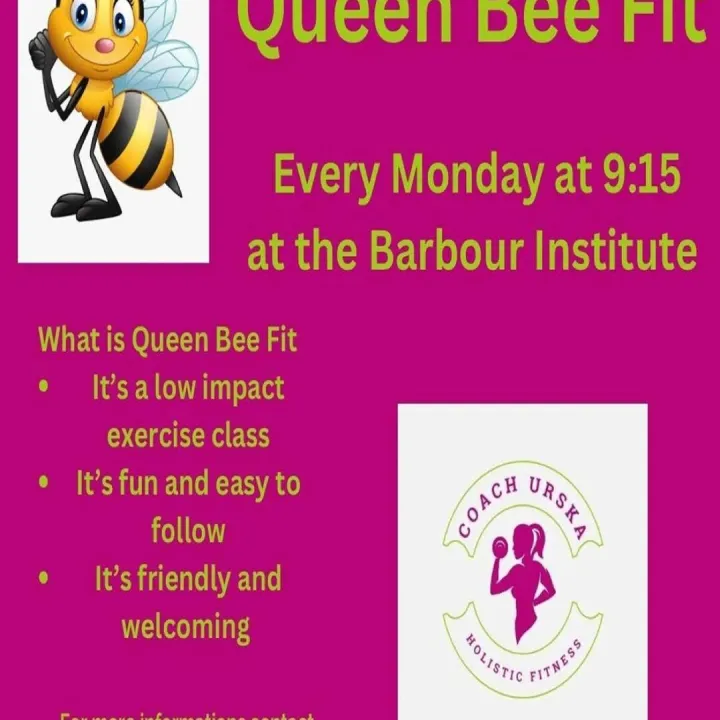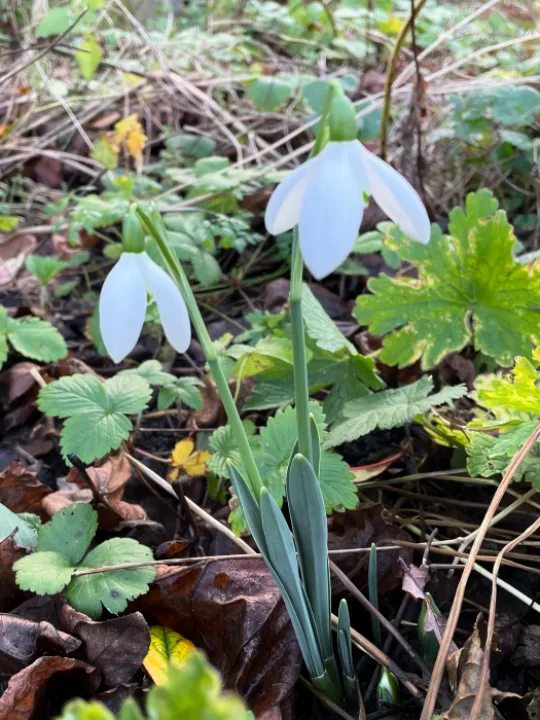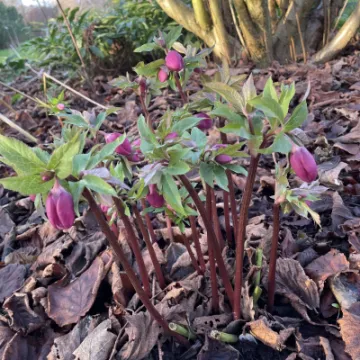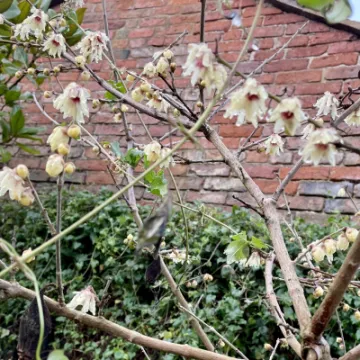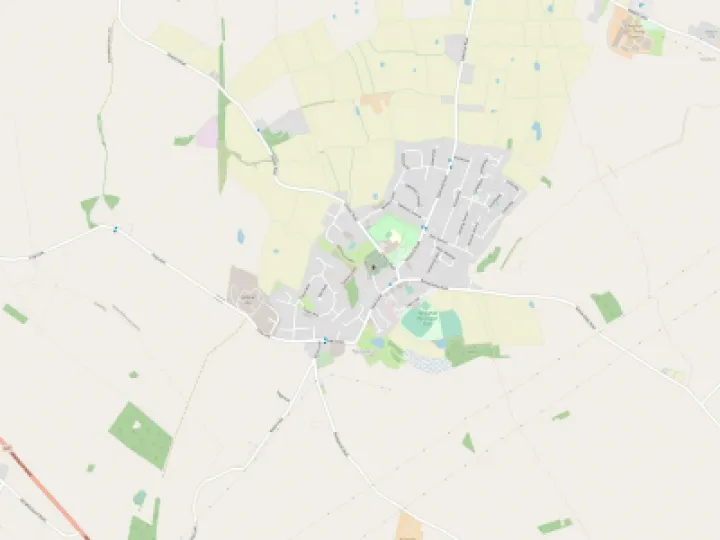Mzzz B's January Garden blog
After the shortest day and the darkest time of the year, at long last the days are getting slightly longer, and with that things are beginning to wake up in the garden. Snowdrops have started to flower, indeed the first ones to flower did so before Christmas, but they are a December flowering variety. Now there are winter flowering shrubs, such as viburnum bodnatense, winter flowering honeysuckle, sarcocca and winter sweet, all with delightful honeyed perfumes. All of these are good food sources for any insect that might be awake in slightly milder periods. Blue tits seem to have been enjoying the mahonia flowers as well, not sure what it is they get from them. We have been delighted by long tailed tits which have found our fat balls on the bird feeder – I counted at least 8 of them crowded in to feast on the fat balls. They live in family units and float around the garden in small groups, huddling together at night to keep warm.
On a negative side, we have had an invasion of voles and moles into the back garden, and mice have decided to eat the newly planted tulip bulbs. As someone who enjoys encouraging wildlife there are times when ones generosity at feeding them expensive bulbs feels a step too far!
But it is cold and wet not a time to work the soil or tread on the borders, so what jobs are there to do in January?
- Look at the structure of your garden and think about bringing in some winter colour – a flowering or coloured stem shrub, snowdrops, grasses or ferns can all add something to the winter garden.
- Plan your seed sowing and your vegetables for this year. Don't be tempted to sow too early, but there are some that benefit from a long growing season like chillies- so if you have a heated propagator sow some seeds, but they will need a lot of light once germinated.
- Continue pruning shrubs that have outgrown their space, apples and pear trees, hedges etc.
- Remove hellebore leaves to prevent disease spread and bin them – do not compost.
- The same with roses try to remove as much foliage as possible as this will prevent the spread of black spot.
Enjoy those moments in the garden when the sun has come out, the raindrops are sparkling on the twigs, the birds are singing, reminding you that these dark cold days will come to an end and spring will be here.
Get In Touch
Tattenhall Online is powered by our active community.
Please send us your news and views using the button below:





